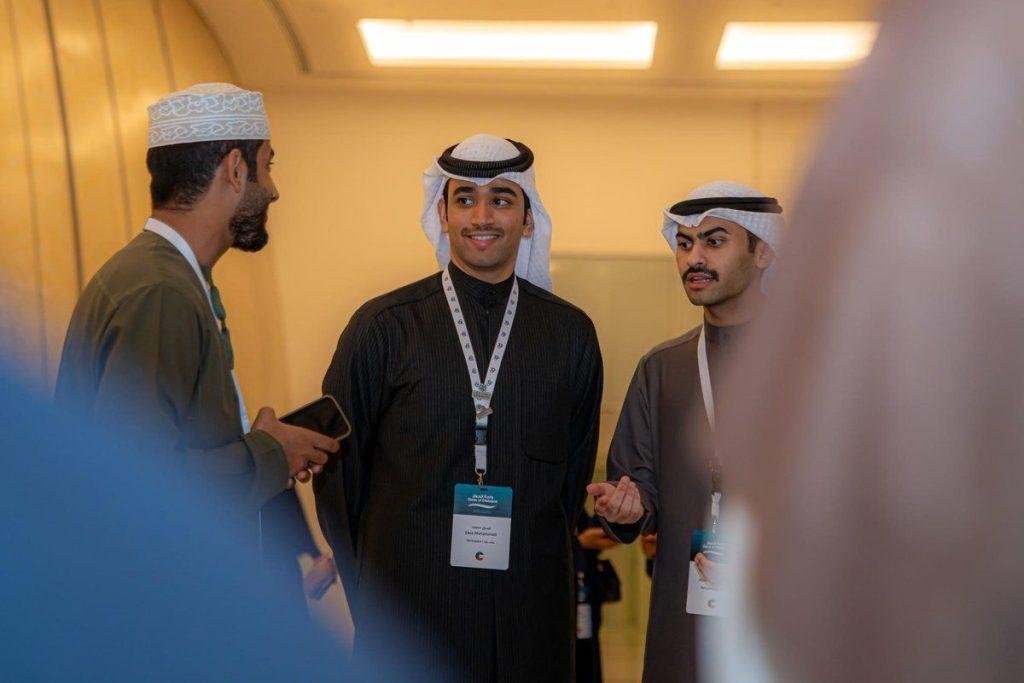Address
Doha, Qatar
The Gulf region is transforming significantly, driven by economic diversification, technological advancements, and global partnerships. As industries evolve and governments push for innovation, leadership in the region must adapt to new challenges and opportunities. The future of leadership in the Gulf will be defined by strategic vision, adaptability, and the ability to bridge local traditions with global trends.
Embracing Innovation and Digital Transformation
Technology is reshaping leadership across industries. With the rise of artificial intelligence, big data, and automation, decision-making processes are becoming more data-driven. Leaders in the Gulf must not only understand these technologies but also integrate them into their strategic planning. Smart cities, fintech, and digital governance are becoming critical components of economic growth, requiring forward-thinking leadership that embraces digital transformation.
The Rise of Young and Diverse Leaders
A new generation of leaders is emerging in the Gulf, bringing fresh perspectives and innovative approaches to governance and business. Governments and private organizations are investing heavily in youth empowerment, leadership programs, and mentorship initiatives to cultivate talent. These efforts are helping to bridge the gap between traditional leadership models and modern, dynamic approaches that prioritize collaboration, creativity, and inclusivity.
Sustainability and Responsible Leadership
As Gulf nations diversify their economies, sustainability is becoming a core focus. Visionary leaders are now placing greater emphasis on sustainable development, renewable energy, and environmental responsibility. Leadership in the Gulf must balance economic growth with ecological sustainability, ensuring long-term prosperity while addressing global climate challenges. This shift requires leaders to adopt policies that support green initiatives, ethical business practices, and corporate social responsibility.
A Globalized Approach to Leadership
With the Gulf playing an increasingly important role in global trade, diplomacy, and innovation, leaders must adopt a more international outlook. Strong partnerships with global organizations, knowledge exchange programs, and cross-border collaborations are shaping the next phase of leadership. Those who can effectively engage with international stakeholders while maintaining a strong local identity will be best positioned to lead in the future.
Conclusion
The future of leadership in the Gulf is being shaped by rapid technological advancements, a younger and more diverse workforce, sustainability initiatives, and a globalized economy. Leaders who can adapt to these changes while maintaining the region’s cultural and economic strengths will drive progress and long-term success. As the Gulf continues to evolve, leadership will be defined not only by authority but by vision, adaptability, and the ability to inspire change.


